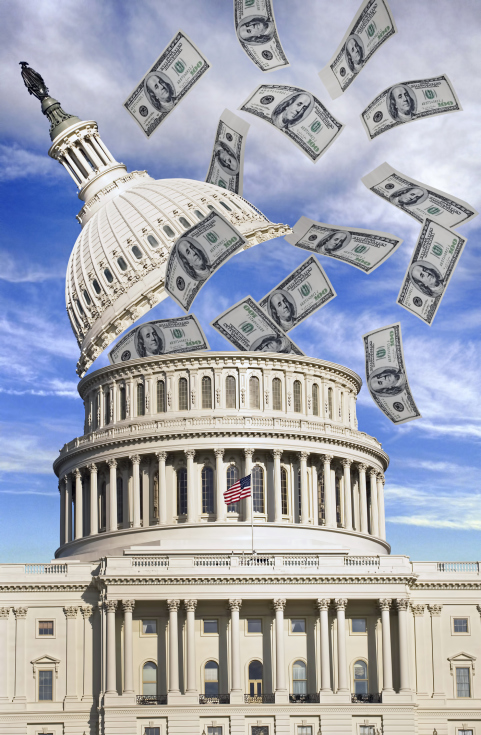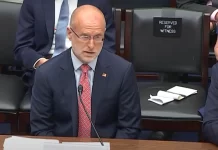While they have no real reason to spend the money, they do so in fear that leaving part of their budget unspent will mean less money from Congress next year.

This “use-it-or-lose-it year-end spending,” happens every year and since 2019, Sen. Joni Ernst, an Iowa Republican and longtime opponent of Washington D.C.’s wasteful spending culture, has proposed capping agency spending for the last two months at the same rate of spending as during the first 10 months.
Had her proposal been implemented this year, at least $1 trillion in taxpayer money could have been saved.
Ernst’s argument is common sense: agencies should spend taxpayer dollars appropriately, and if they don’t need every penny, they should spend less this year and receive less next year.
Instead, agencies see the new fiscal year looming and flush taxpayer money down the drain.
For example, Congress gave the U.S. Department of Health and Human Services $2.8 trillion in fiscal year 2021. HHS spent $1.8 trillion over the first 10 months — an average of $180 billion monthly — and still had $1 trillion left to spend in the final two months.
If capped under Ernst’s plan, the agency could only spend $360 billion more over the final two months and potentially give back $640 billion of taxpayer money.
It’s a solid, common-sense proposal, and one that Democrats and Republicans alike should be able to get behind as a way to benefit the taxpayers they represent.
The #WasteOfTheDay is presented by the forensic auditors at OpenTheBooks.com.
Originally published by RealClearPolicy. Republished with permission.










